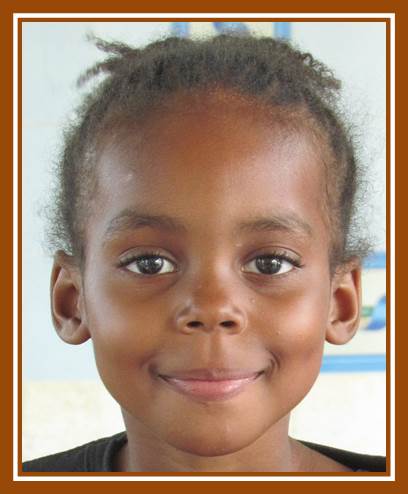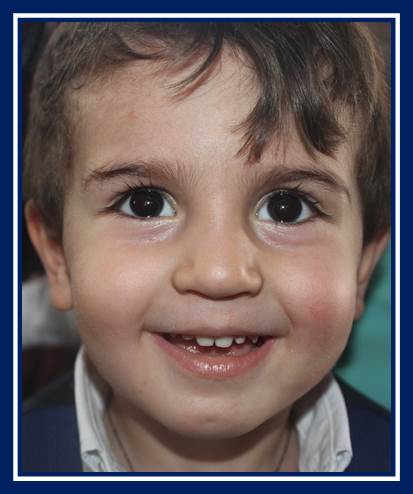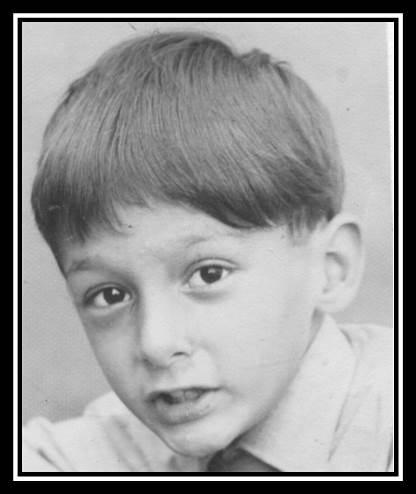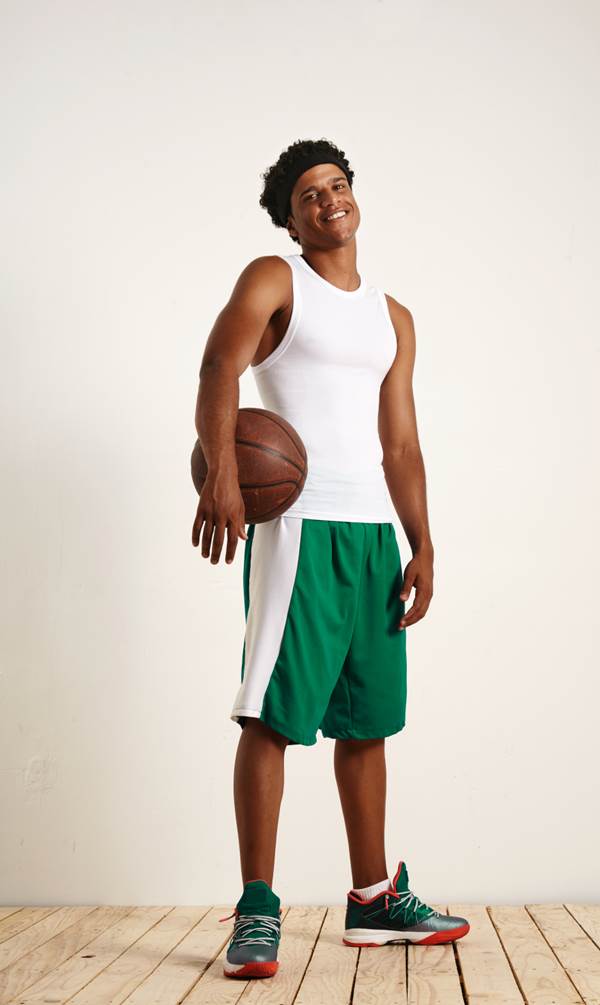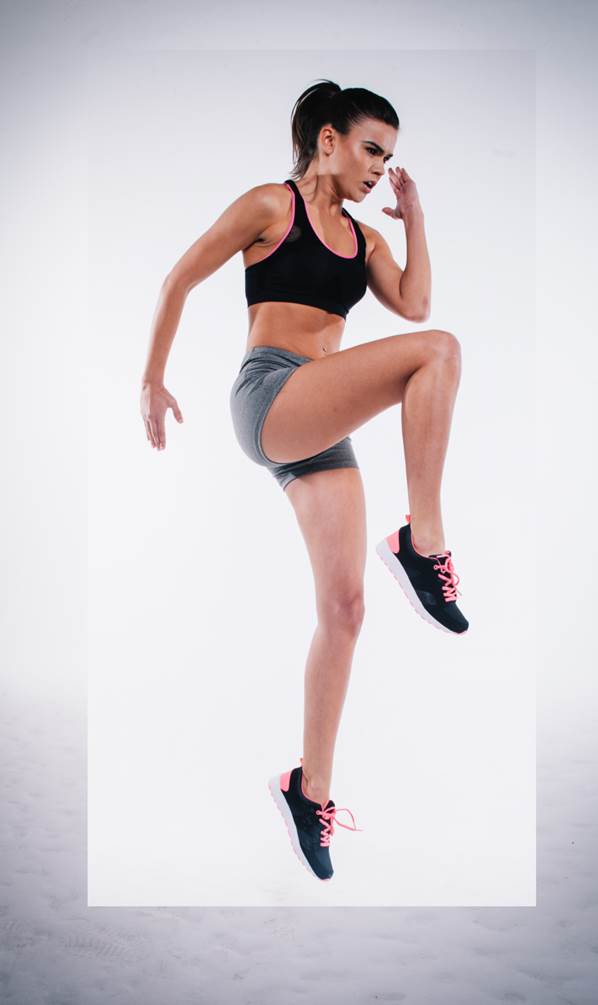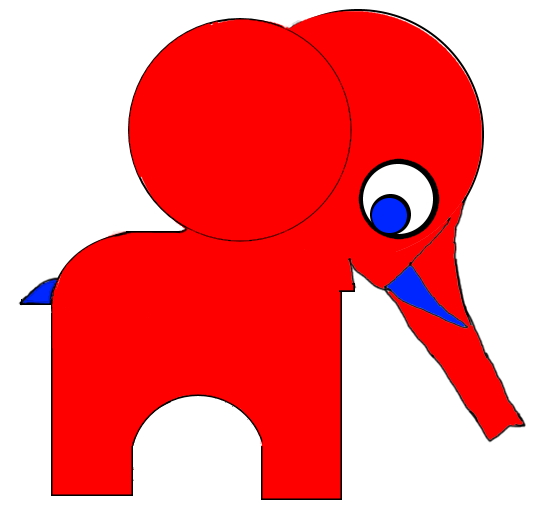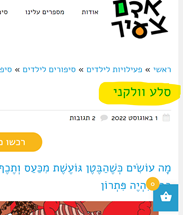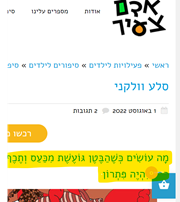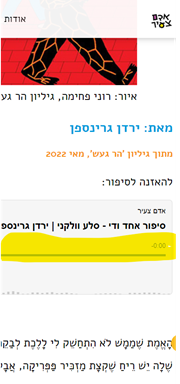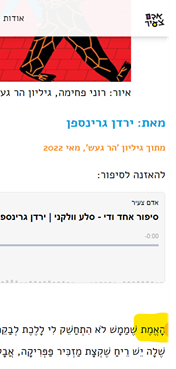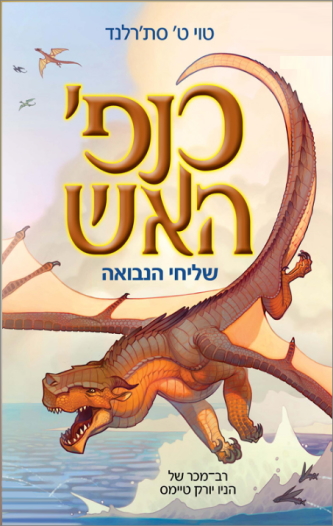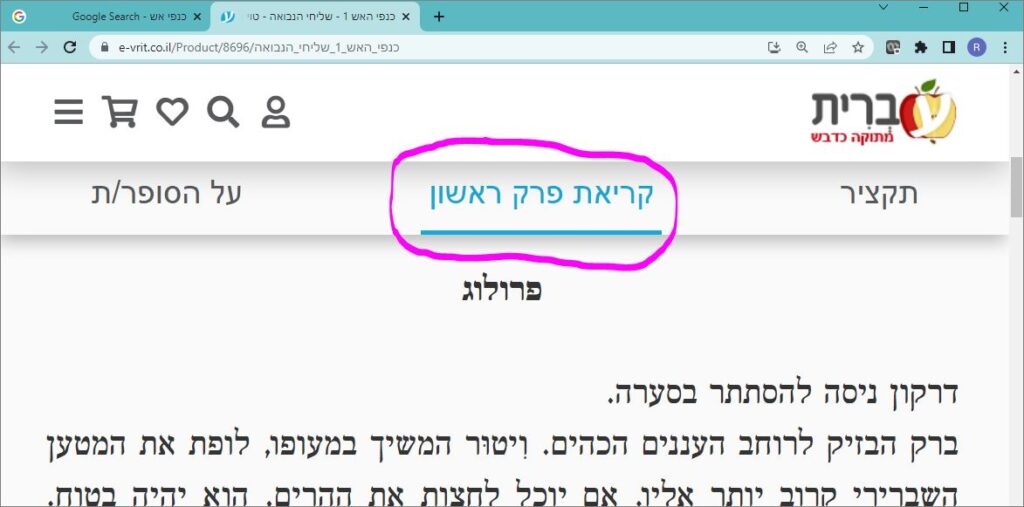Hebrew Vocabulary
Expand your Hebrew vocabulary through reading aloud: Decode, break down, examine, interpret, and understand.
Starter Phrases
1. Roni’s Starters: Flash Cards
2. Guide for Roni’s Starters: Flash Cards
3. More Starter Phrases
100 Phrases Every Hebrew Beginner Must Know video
100 Basic Hebrew Phrases page with audio
4. Starter Word Sheets
- Sheet 1 – we will write this one together!
- Sheet 2 – צבעים
- Sheet 3 – תסתכל-תקשיב
- Sheet 4 – מספיק-כיסאות
- Sheet 5 – מפה-מנטה
- Sheet 6 – מי-מה-כיוון ש
- Sheet 7 – כל הכבוד-יש לי
- Sheet 8 – לאחרונה
- Sheet 9 – יתוש
My Body
Study the entries below and practice saying the names of various body parts. As you become confident, you can test your skills by placing body part labels on our 5 models:
My Body
| thumb | a.gu.dal | אגודל |
| hips | a.gan ha.ye.re.kha.yim | אגן הירחיים |
| ear | o.zen | אוזן |
| ears | oz.na.yim | אוזניים |
| pupil | i.shon | אישון |
| nose | af | אף |
| finger (hand or foot) | ets.ba | אצבע |
| fingers (hand or foot) | ets.ba.ot | אצבעות |
| big toe | bo.hen | בוהן |
| stomach | be.ten | בטן |
| armpit | beit ha.she.khi | בית השחי |
| human being | ben a.dam | בן אדם |
| knee | be.rekh | ברך |
| knees | bir.ka.yim | ברכיים |
| back | gav | גב |
| eye brow | ga.ba | גבה |
| eye brows | ga.bot | גבות |
| body | guf | גוף |
| throat | ga.ron | גרון |
| arm (יד is more common) | z.ro.a | זרוע |
| arms (ידיים is more common) | zro.ot | זרועות |
| chest | kha.ze | חזה |
| belly button | ta.bur | טבור |
| hand | yad | יד |
| hands | ya.da.yim | ידיים |
| thigh | ye.rekh | ירך |
| thighs | ye.re.kha.yim | ירכיים |
| bottom | yash.van | ישבן |
| tongue (also means language | la.shon | לשון |
| palm (hand) | kaf yad | כף יד |
| palm (foot) | kaf re.gel | כף רגל |
| palms (hands) | ka.pot ya.da.yim | כפות ידיים |
| palms (feet) | ka.pot rag.la.yim | כפות רגליים |
| shoulder | ka.tef | כתף |
| shoulders | kte.fa.yim | כתפיים |
| heart | lev | לב |
| cheek | le.khi | לחי |
| cheeks | le.kha.ya.yim | לחיים |
| waist | mo.ten | מותן |
| elbow | mar.pek | מרפק |
| elbows | mar.pe.kim | מרפקים |
| forehead | me.tsakh | מצח |
| eye | a.yin | עין |
| eyes | ei.na.yim | עיניים |
| eye lid | af.af | עפעף |
| heel | a.kev | עקב |
| heels | a.ke.vim | עקבים |
| mouth | pe | פה |
| face | pa.nim | פנים |
| neck | tsa.var | צוואר |
| nail | tsi.po.ren | ציפורן |
| nails | tsi.por.na.yim | ציפורניים |
| head | rosh | ראש |
| leg or foot | re.gel | רגל |
| legs or feet | rag.la.yim | רגליים |
| eye lash | ris | ריס |
| eye lashes | ri.sim | ריסים |
| teeth | shi.na.yim | שיניים |
| hair | se.ar | שיער |
| tooth | shen | שן |
| lip | sa.fa | שפה |
| lips | sfa.ta.yim | שפתיים |
Colors
Learn your colors through playing the memory game.
Foods
Menus
In the Kitchen
Quizlets
Tarot: Intermediate/Advanced Hebrew Vocabulary with Nikud
We designed a vibrant set of tarot cards intended to introduce a rich collection of higher-level nouns and adjectives, as well as enhance your reading skills.
Used for centuries in traditional gaming, Tarot cards have also gained popularity for divination. Each of the 78 cards has standard descriptors. The deck is divided into two parts: The Major Arcana, consisting of 22 cards that reveal “big secrets,” and the Minor Arcana, made up of 56 cards divided into four 14-card suits, which represent everyday life, challenges, and personal growth.
The language used in this dynamic book is adapted from Tarot of the Witches. The card design and layout are our own, while the images were generated by Meta AI and polished by us.
Go ahead, flip the book open and begin.
